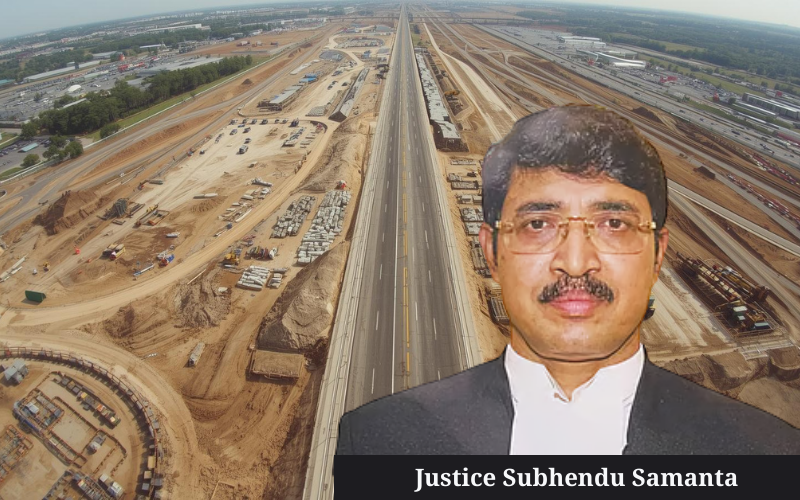Writ petition challenging letters for demolition not maintainable
The Calcutta High Court deals with the status of illegal construction on acquired land. Based on the judgment, the following points summarize the legal status of such construction:
1. Acquisition and Vesting of Land: Once land is acquired under the Land Acquisition Act, 1894, and possession is taken, it vests absolutely with the State, free from all encumbrances. This means that the State becomes the absolute owner of the land, and any subsequent transactions regarding the land are void.
2. Subsequent Purchasers: The judgment emphasizes that subsequent purchasers of land that has already been acquired by the State cannot claim any title or challenge the acquisition proceedings. Such purchasers do so at their own risk, and their transactions are considered void ab initio (from the beginning).
3. Illegal Construction: The judgment specifically addresses illegal construction on acquired land, stating that writ petitions challenging demolition orders for such constructions are not maintainable. The court prioritizes larger public interest and national importance, especially for infrastructure projects like highways.
4. Role of Public Authorities: Public authorities, such as the Kolkata Metropolitan Development Authority (KMDA) and the National Highways Authority of India (NHAI), have the right to issue notices for the demolition of illegal constructions on acquired land. These authorities can take possession of the land and proceed with necessary actions to ensure that the land is used for its intended public purpose.
5. Court's Stance: The court refrains from adjudicating on issues related to the lapse of acquisition proceedings or the validity of the acquisition itself unless specifically pleaded in the writ petition. It reinforces that disputes over title or possession cannot be resolved in writ jurisdictions, which are not suited for deciding complex factual disputes.
6. Legal Precedents: The judgment references several Supreme Court decisions which underline that once land is acquired and possession is taken, it cannot be divested, and subsequent purchasers have no standing to challenge the acquisition. The court also aligns with the constitutional bench decision in the Indore Development Authority case, which clarifies that acquisition does not lapse due to non-deposit of compensation if possession has been taken.
7. Disposal of the Petition: In this case, the writ petition was disposed of, with the court finding no justification to entertain the petition challenging the notices for demolition of illegal constructions. The interim orders, if any, were vacated, and the respondents were authorized to act upon the impugned notices to take immediate possession of the disputed land.
Overall, the judgment establishes that any illegal construction on acquired land is liable to be demolished, and the acquired land remains vested in the State for its designated public purpose. Subsequent purchasers have no legal standing to challenge such proceedings or assert any rights over the land.
Md. Sirajuddin @ Md. Sirajuddin v. State of West Bengal, (Calcutta) : Law Finder Doc Id # 2760382




